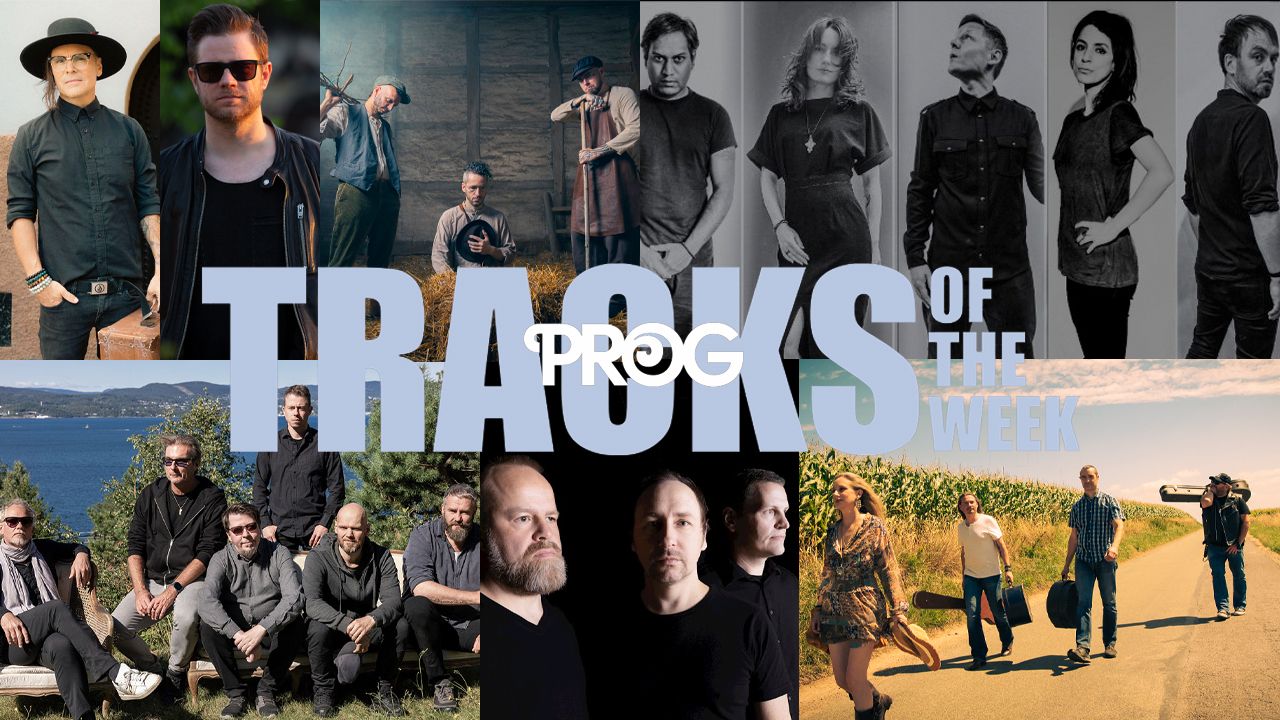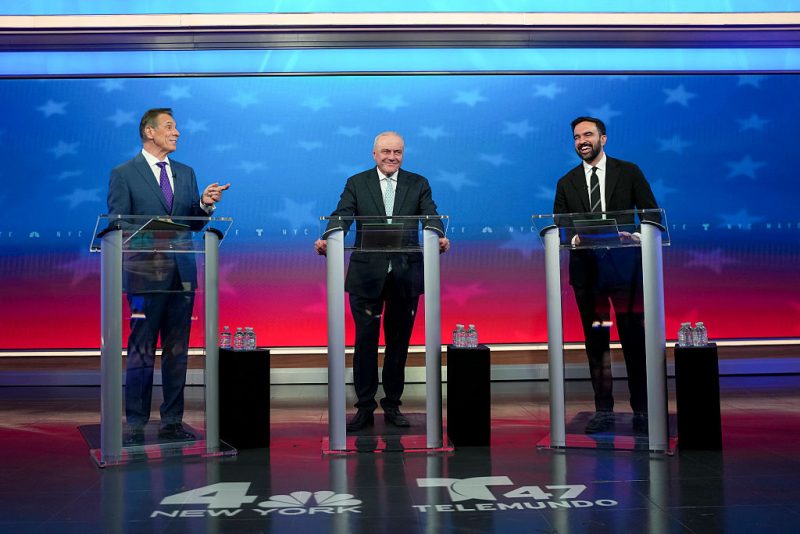
100percentfedup.com
JUST IN: Transportation Secretary Sean Duffy CUTS OFF $40M in Funding to California
On Wednesday, Secretary of Transportation Sean Duffy announced that he is pulling a whopping $40 million in funding to the state of California.
The reason why is because the Democrats in power in California have straight-up refused to enforce President Trump’s English language mandate for truck drivers.
Watch what Secretary Duffy had to say about it here:
NEW: Secretary of Transportation Sean Duffy announces he is stripping California of $40M in funding after they refused to comply with the English-proficient standards for truck drivers.
“All the states have complied but one — that would be California. [Gov.] Gavin Newsom cares… pic.twitter.com/TR0jGe483p
— RedWave Press (@RedWave_Press) October 15, 2025
While truck drivers are supposed to be tested for English proficiency during their CDL exam, in many places, that wasn’t happening.
So, in April, President Trump signed an executive order requiring all states to enforce the existing English language requirement for truck drivers.
California was the only state that refused to comply.
The U.S. Department of Transportation said in a press release:
U.S. Transportation Secretary Sean P. Duffy today announced that the Federal Motor Carrier Safety Administration (FMCSA) will withhold over $40 million from California following an investigation that found the state has failed to comply with the Department’s English Language Proficiency (ELP) standards.
“I put states on notice this summer: enforce the Trump Administration’s English language requirements or the checks stop coming. California is the only state in the nation that refuses to ensure big rig drivers can read our road signs and communicate with law enforcement. This is a fundamental safety issue that impacts you and your family on America’s road,” said U.S. Transportation Secretary Sean P. Duffy.
In total, $40,685,225 from Motor Carrier Safety Assistance Program (MCSAP) funding awarded to California will be impacted. MCSAP provides grant funding for states to conduct roadside inspections, traffic enforcement, safety audits of trucking companies, and public education campaigns.
“Let me be clear – this is valuable money that should be going to the great men and women in California law enforcement, who we support. Gov. Newsom’s insistence on obstructing federal law has tied my hands,” the Secretary added.
For FMCSA to restore funding, California must adopt and actively enforce a law, regulation, standard, or order that is compatible with the federal ELP requirement for commercial drivers. This means state inspectors need to begin conducting ELP assessments during roadside inspections and place those who fail out-of-service.
Additional Information:
To remain eligible for MCSAP funding, states must adopt and enforce laws, regulations, standards, and orders on commercial motor vehicle (CMV) safety that are compatible with the Federal Motor Carrier Safety Regulations (FMCSRs) in 49 CFR parts 390, 391, 392, 393, 395, 396, and 397. 49 CFR § 391.11(b)(2) states, a person is qualified to drive a motor vehicle if he/she, “Can read and speak the English language sufficiently to converse with the general public, to understand highway traffic signs and signals in the English language, to respond to official inquiries, and to make entries on reports and records.” FMCSA has determined that California has not adopted a compatible law, regulation, standard, or order to implement the English language standard in 49 CFR § 391.11(b)(2). Therefore, pursuant to 49 CFR § 350.231, FMCSA is withdrawing approval of California’s FY24 and FY25 Commercial Vehicle Safety Plan effective October 15, 2025. Therefore, no expenses incurred after October 15, 2025, and vouchered for reimbursement from FY24 or FY25 MCSAP funding will be approved and paid.
On August 26, 2025, the Department announced California was among states in danger of losing federal funds if they failed to adopt and enforce ELP requirements for commercial motor vehicle drivers. In July, California Highway Patrol has also publicly stated
it had no intention of following this important federal regulation.
The Department is currently performing a nationwide audit of non-domiciled commercial driver’s license (CDL) issuance – part of a broader effort to enhance safety on America’s roads and restore order to the trucking industry.
It should have been common sense.
Of course, in order to operate a truck, drivers need to be able to speak English — not just for communication, but in order to read and understand road signs!
So many accidents, some of which resulted in the tragic deaths of American citizens, have been caused by these foreign truck drivers who can’t even understand the language.
Secretary Sean Duffy pointed out on X:
I’m withholding 40 MILLION DOLLARS in funding for California because they can’t get their priorities straight.
The Golden State thinks it’s OK to ignore @USDOT English language requirements for truckers.
You can play all the games you want, but not at the expense of… pic.twitter.com/0fl8gfURXB
— Secretary Sean Duffy (@SecDuffy) October 15, 2025
Now that it’s out in the open that California is the only state where it’s 100% okay to have truck drivers who don’t speak a lick of English, I’d be scared to drive there!
I’m very happy that Secretary Duffy isn’t letting this slide and actually giving California some major consequences for prioritizing illegals over the safety of U.S. citizens.
But, the scariest part is that California’s refusal to comply with the English-language standard for truckers affects us all.
Do you remember the accident in Florida a few months ago that was caused by an illegal immigrant truck driver and killed multiple Americans?
Here’s a refresher:
ILLEGAL IMMIGRANT TRUCK DRIVER KILLS 3 IN HORROR CRASH
Harjinder Singh, in the U.S illegally since 2018, casually pulled a tractor-trailer into an “official use only” median on Florida’s Turnpike – blocking every oncoming lane with zero warning.
A black minivan plowed into… pic.twitter.com/rgZS4r3G4r
— Mario Nawfal (@MarioNawfal) August 18, 2025
ILLEGAL IMMIGRANT TRUCK DRIVER KILLS 3 IN HORROR CRASH
Harjinder Singh, in the U.S illegally since 2018, casually pulled a tractor-trailer into an “official use only” median on Florida’s Turnpike – blocking every oncoming lane with zero warning.
A black minivan plowed into the trailer at full speed, instantly killing two and sending the driver to the hospital, where he later died.
Dashcam shows Singh watching the crash unfold stone-faced, then calmly parking his rig like he hadn’t just caused carnage on the highway.
He’s been charged with three counts of vehicular homicide – and faces deportation once Florida’s done with him.
That illegal immigrant was originally licensed in California and Washington state.
Recently, the Florida AG asked the Supreme Court to take further action against these states issuing CDL licenses.
From Orlando Sentinel:
After a deadly crash in August on Florida’s Turnpike, state Attorney General James Uthmeier is asking the U.S. Supreme Court to prevent California and Washington from issuing licenses to commercial truck drivers who are not in the country legally.
A lawsuit released Thursday by Uthmeier’s office alleges that California and Washington have not complied with federal safety and immigration-status requirements in issuing commercial driver’s licenses. It contends California and Washington “chose to ignore these standards and authorize illegal immigrants without proper training or the ability to read road signs to drive commercial motor vehicles.”
“California’s and Washington’s decision to endanger their own citizens is reprehensible,” the lawsuit said. “But commercial drivers routinely cross state lines, endangering citizens of other states.”
The issue of undocumented truck drivers has drawn national attention since semi-tractor trailer driver Harjinder Singh, a native of India, was arrested in August after a crash that allegedly stemmed from him attempting a U-Turn on the turnpike in St. Lucie County. The crash resulted in three deaths.
Uthmeier’s lawsuit said Singh was in the country illegally and had received licenses in California and Washington.
What are your thoughts?
Would you support a ban on California issuing commercial truck driving licenses until they comply with the English language requirement?
















